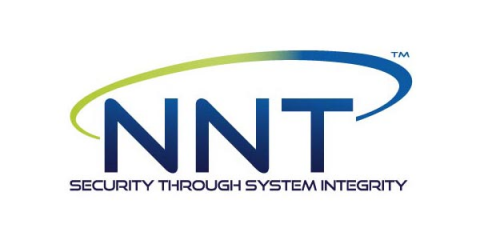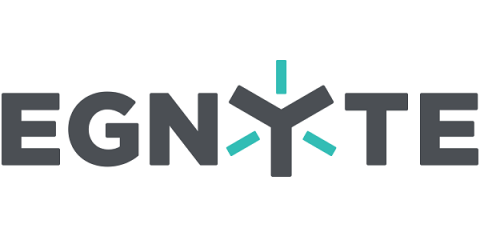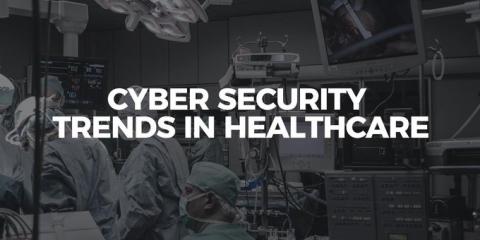FDA Issues Warning over Vulnerabilities in Medical Devices
The U.S. Food and Drug Administration (FDA) issued a formal warning on Tuesday on vulnerabilities detected in decades-old software used in many of today's medical devices and hospital networks. The warning claims that 11 vulnerabilities exist in IPnet, a third-party software component that supports network communications across computers.







